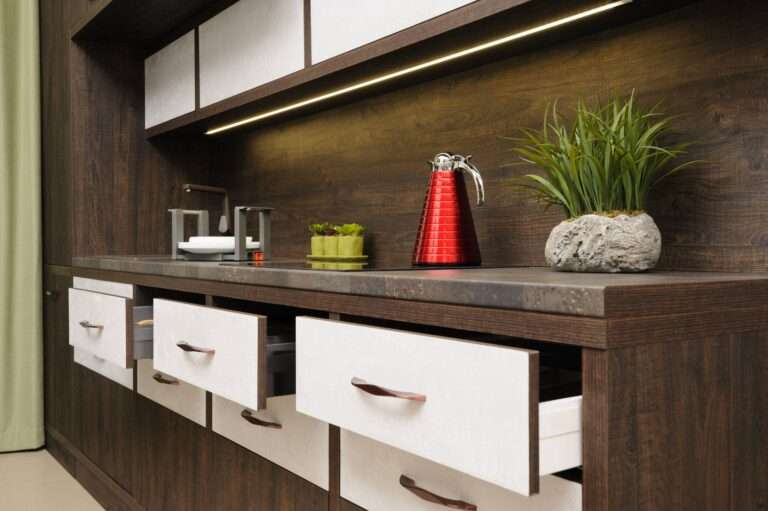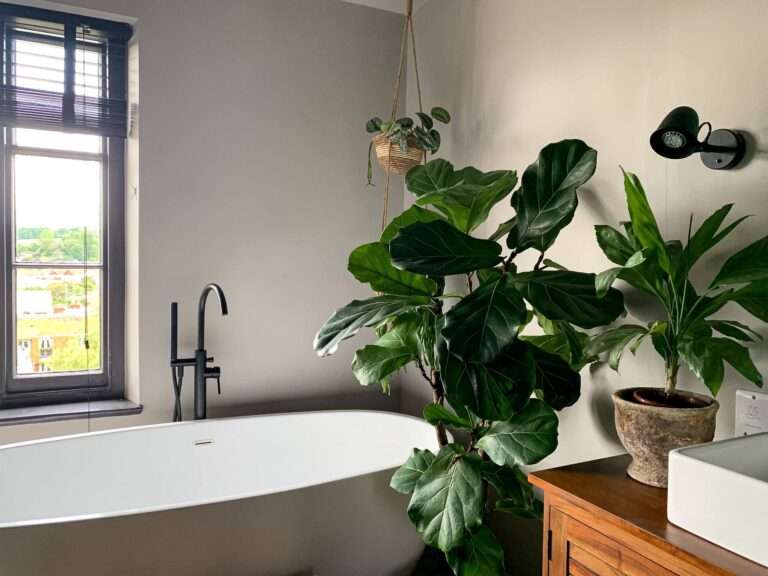Cleaning our homes can feel like a routine task, but sometimes, even the most well-intentioned efforts miss the mark. Some everyday household items are tricky to clean, and without the right techniques, you might be doing more harm than good. Here are five common household items you’re probably cleaning wrong — and how to fix that.
1. Wood Furniture
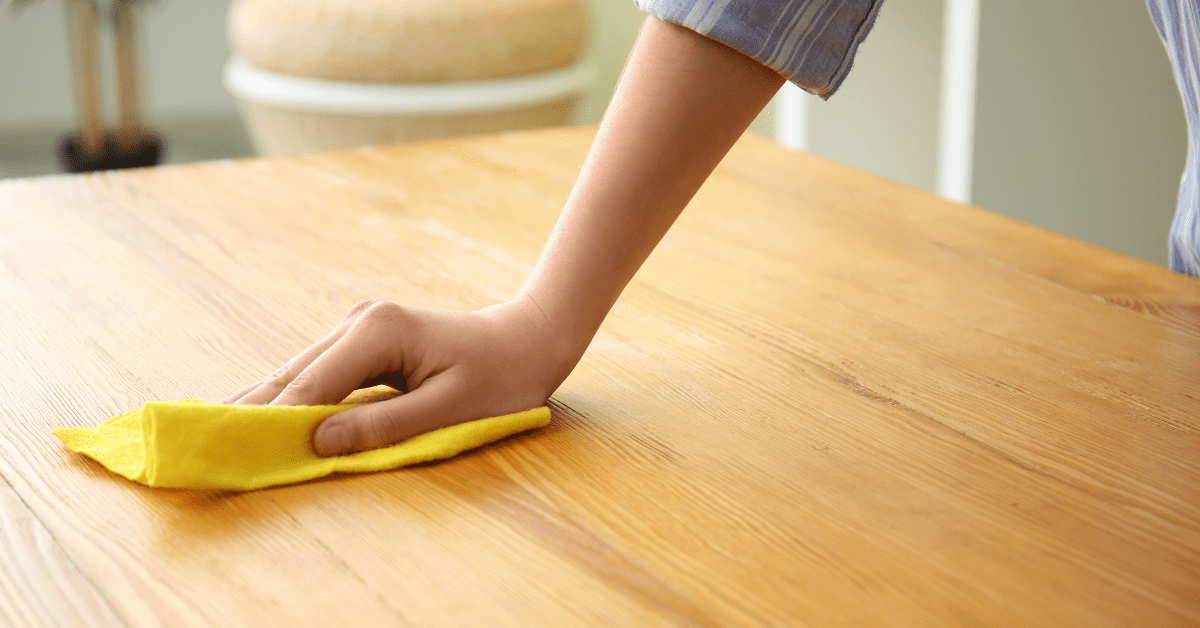
Many people make the mistake of using water or all-purpose cleaners on wood furniture, which can damage the finish and lead to warping over time.
The Right Way: Dust regularly with a microfiber cloth. For a deeper clean, opt for a wood-specific cleaner or make a natural solution with equal parts water and vinegar. Then, follow up with a wood conditioner or polish to maintain its shine and protection.
2. Stainless Steel Appliances
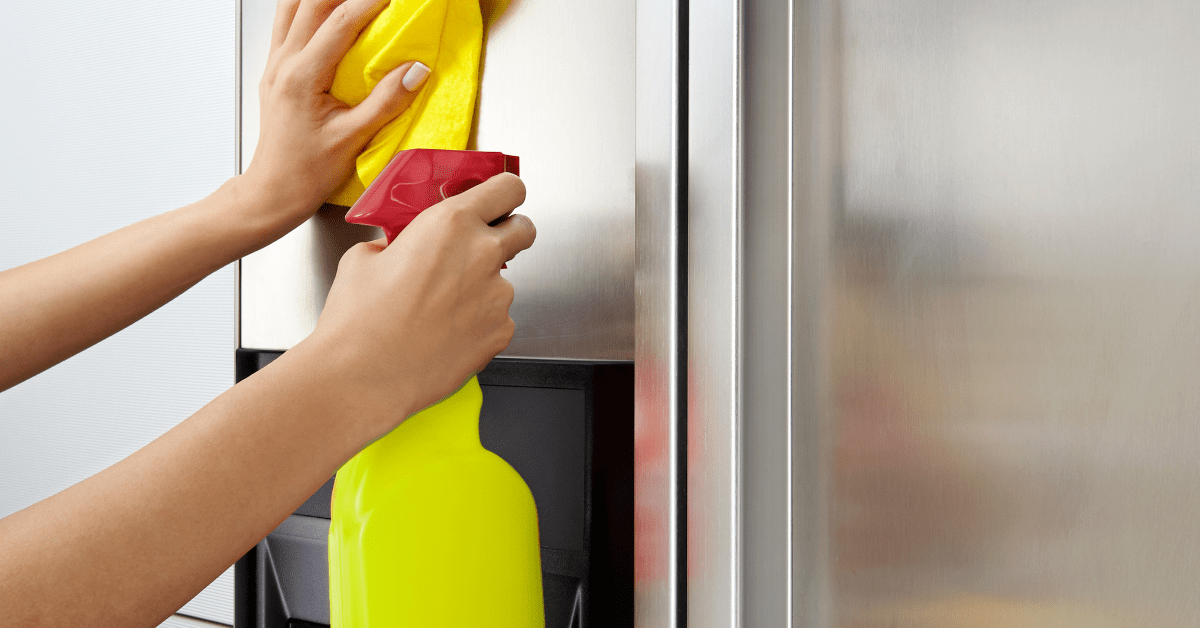
Stainless steel is notorious for showing streaks and fingerprints, and using too much cleaner or the wrong type can make it worse. Harsh chemicals or abrasive sponges may even scratch the surface.
The Right Way: Use a soft cloth with a gentle, streak-free cleaner specifically designed for stainless steel. Always wipe in the direction of the grain to avoid streaks, and buff with a dry cloth afterward for a polished finish.
3. Toilets
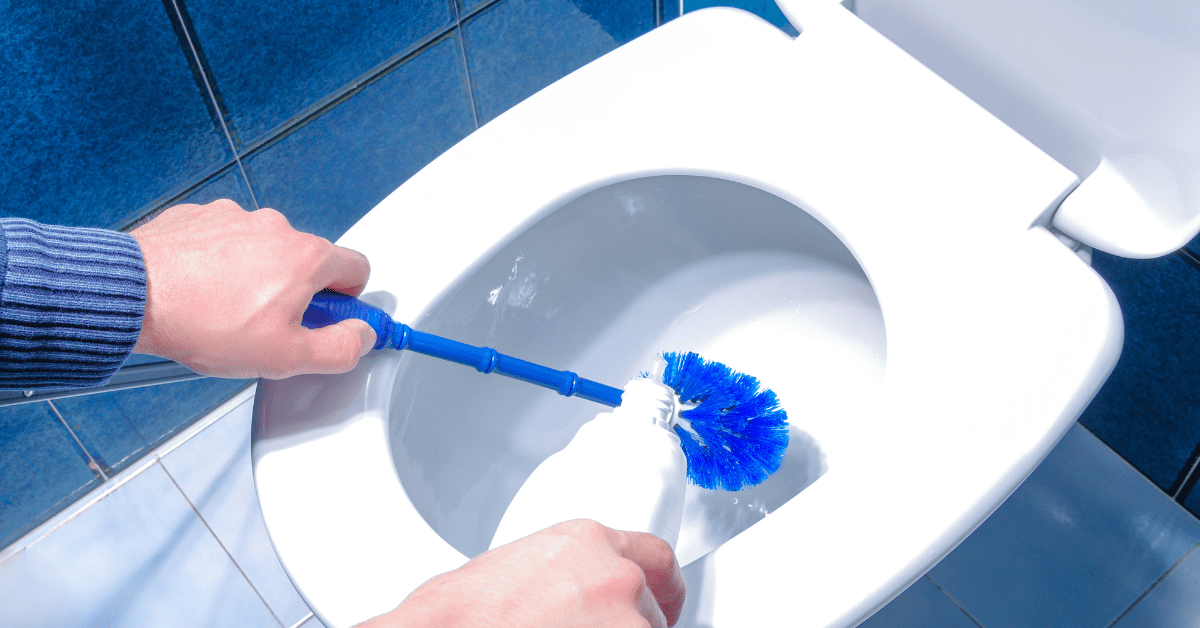
Many assume that giving the toilet a quick scrub with any old cleaner will do the trick. However, using the wrong cleaner or neglecting areas like the rim or underneath the seat can leave bacteria behind.
The Right Way: Use a disinfecting cleaner designed for bathrooms, and don’t forget to clean the base, hinges, and under the seat. Leave the cleaner in the bowl for at least 10 minutes before scrubbing to ensure proper disinfection.
4. Carpets
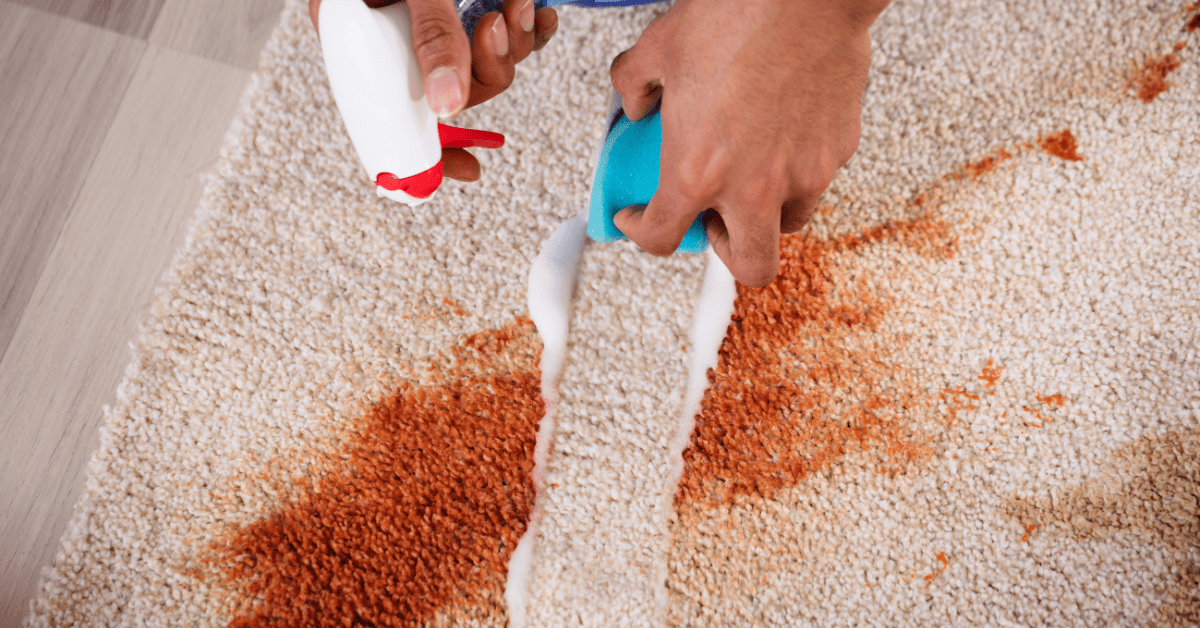
Vacuuming frequently is essential, but relying solely on vacuuming without addressing deeper stains and odors is a common oversight. Many also use harsh chemicals that can damage the carpet fibers.
The Right Way: Vacuum regularly to remove surface dirt, but for deep cleaning, use a carpet cleaner or hire professionals. To remove stains, blot with a gentle carpet cleaner rather than scrubbing, which can damage fibers. Baking soda can also help with odors.
5. Dish Sponges
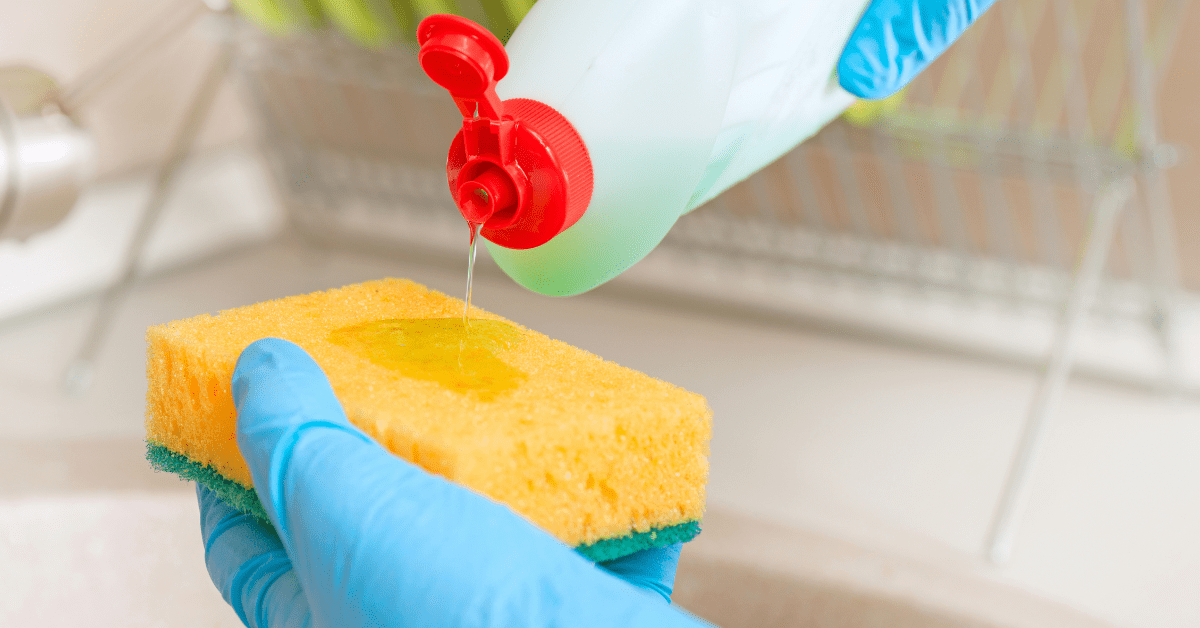
Most people toss their dish sponge back by the sink after use, but sponges can harbor bacteria if not cleaned properly — or worse, if they’re not replaced frequently enough.
The Right Way: Rinse the sponge thoroughly after each use and wring it out completely to dry. You can sanitize your sponge by microwaving it for a minute or running it through the dishwasher. Replace sponges regularly (about once a week) to avoid spreading bacteria.
Related Articles
Cleaning correctly can make your home not only sparkle but also ensure that your efforts are truly effective. By following these tips, you’ll keep your household items in better shape for longer, while creating a healthier environment.
Ready to bring new life to your home? Subscribe to our newsletter for exclusive interior design tips, trends, and ideas that will transform your space. Click here to subscribe!

